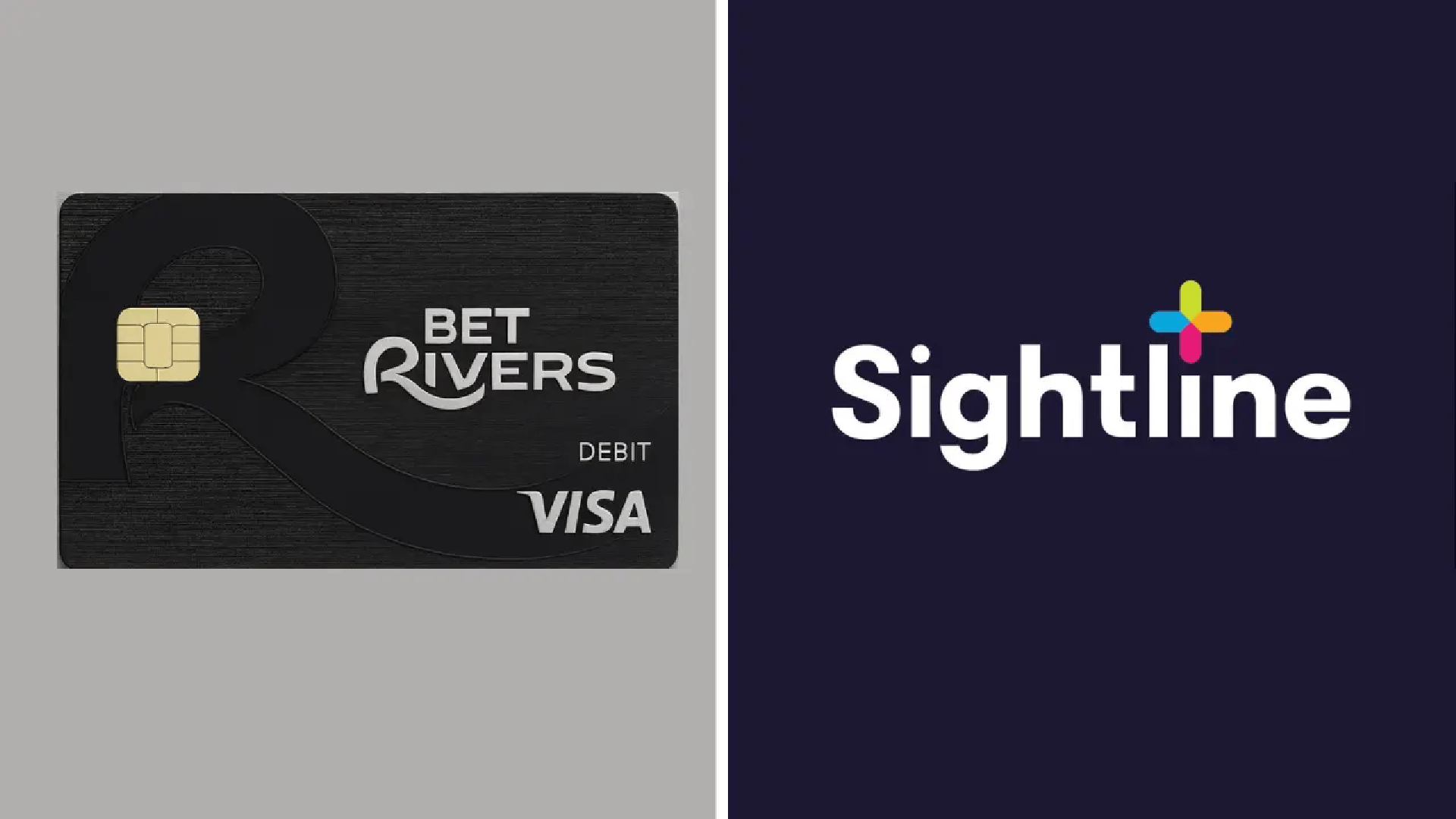Gambling News 24 July 2025
Atlantic County Collects $15 Million Settlement From Casino Taxes Lawsuit

Dennis Levinson, the executive of Atlantic County, reports that the State of New Jersey has given his office $15 million.
After lawmakers changed the way Atlantic City's nine casinos pay their yearly property taxes in 2021, Atlantic County filed a lawsuit against the state. Four years ago, iGaming and online sports betting were taken out of the calculation of the PILOT, or payment-in-lieu-of-taxes, program, which has allowed the casinos to pay an annual assessment based on how much gaming revenue they won in the previous year.
Using the Casino Property Tax Stabilization Act, Atlantic County successfully contended that the 2021 change violated a 2018 consent order that came about as a result of its lawsuit contesting the start of PILOT. State judges determined that PILOT unjustly burdened neighboring communities in Atlantic County for the benefit of Atlantic City casinos, which led to the consent.
The county's share of PILOT funding was increased from 10.4% to 13.5% with the assent.
Effective But Expensive Litigation
Atlantic County has contested the PILOT program in the legal system for years. In April, Levinson told Casino.org that the county had spent over $1 million "fighting all these years."
"We fought for more than seven years to make our county taxpayers whole,” Levinson said in a release. “With this settlement, Atlantic County will have received close to $59 million more than it would have had we not challenged the state over the PILOT legislation.”
If the New Jersey Legislature hadn't changed the Atlantic City casino PILOT in 2021 to exclude iGaming and mobile sports revenue from the tax calculation, the county would have been compensated for the $15 million from the state.
"We were ripped off,” Levinson told Casino.org. “All this did was bring us back to where we should be.”
According to Levinson, the remaining 22 towns had to pay extra to compensate for the casinos' and Atlantic City's lower state and county tax payments.
“Despite numerous delays by the state, the Board of County Commissioners and I persevered. And our perseverance has paid off for the benefit of all of our taxpayers,” Levinson declared.
Seeking a Pilot, Levinson Getting down
"I am not aware of any other casino market where gaming companies pay property taxes based on their casino revenue," Levinson told Casino.org.
"Every single entity in the country, and possibly the world, that has casino gaming, has figured out a way to assess property taxes. Why is it that only in Atlantic City that we can’t get an accurate assessment on the casinos, and we need a PILOT?” Levinson pondered.
After five Atlantic City casinos shuttered between 2014 and 2016, the remaining properties started contesting their assessed valuations, leading to the passage of the Casino Property Tax Stabilization Act. Trenton lawmakers agreed to PILOT in order to maintain a steady flow of tax revenue to the state, county, and local governments.
Levinson claims that the city has stabilized and that PILOT is no longer required, nearly ten years later. Levinson described the state lawmaker's position as "astonishing" in a letter to state Sen. Vince Polistina (R-Atlantic), who in February proposed that PILOT "continue in perpetuity."
“I fail to comprehend why other states with casino gaming have been able to assess casino properties without the need for a PILOT that results in our taxpayers paying more. Why is this unique to New Jersey? Why is the NJ Legislature unable to provide a mechanism for proper tax assessments of casinos without putting the burden on our hardworking families who already contend with the highest state taxes in the country?” Levinson asked Polistina.
Related articles
Read some iteresting and relatable articles abaout casino.
Try These Casinos

Fruit Kings
Deposit £10 or more and
receive a 100% deposit bonus up to £50 PLUS 100 spins on Book of Dead
18+. New players only. 100% bonus on first deposit up to £50 & 100 Bonus Spins (50 spins on day 1, 25 on day 2, 25 on day 3) for Book of Dead slot only. Min first deposit of £20. Max bonus £50. Max bonus bet £5. Max bonus cash-out £250. 40x wagering requirements. Bonus expiry 30 days. Bonus spins expire after 48 hours. Game restrictions apply. Further Terms Apply.




